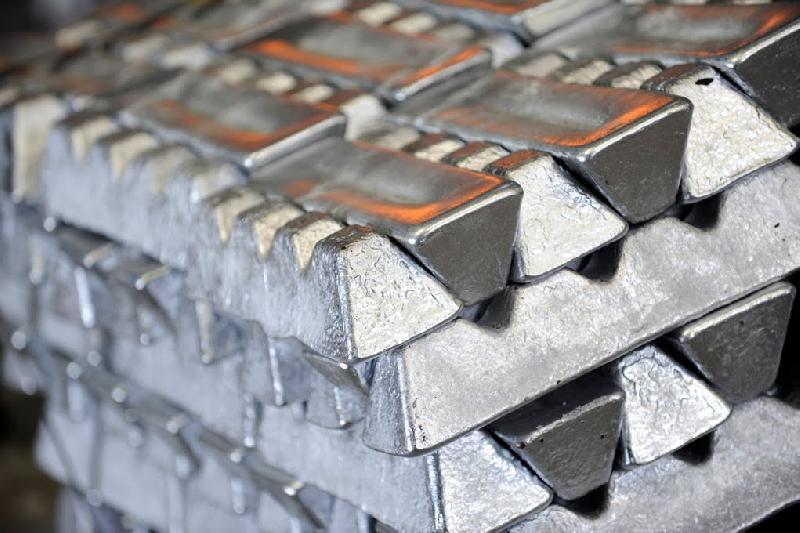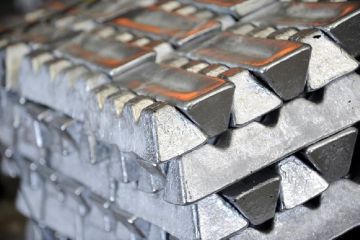Aluminum alloys are a class of materials made primarily from aluminum and other elements to enhance specific properties such as strength, corrosion resistance, and formability. These alloys are widely used in various industries due to their excellent combination of lightweight, durability, and versatility. They play a crucial role in sectors like aerospace, automotive, construction, electronics, and packaging, among others.
Here are some key points about aluminum alloys:
- Composition: Aluminum alloys are composed of aluminum as the primary element, usually with a purity of 85% to 99%, and various other elements such as copper, magnesium, silicon, zinc, manganese, and others. These alloying elements are added to modify the properties of aluminum and tailor it to specific applications.
- Series classification: Aluminum alloys are categorized into different series based on their alloying elements:
- The 1xxx series contains pure aluminum and is typically used for high electrical conductivity applications.
- The 2xxx, 6xxx, and 7xxx series contain copper as the primary alloying element and are known for their high strength and good machinability.
- The 3xxx series has manganese as the main alloying element, offering moderate strength and excellent corrosion resistance.
- The 4xxx series contains silicon and is often used for welding applications.
- The 5xxx series has magnesium as the primary alloying element, providing good strength, weldability, and corrosion resistance.
- The 8xxx series consists of other elements like lithium and is used for specialized applications.
- The 1xxx series contains pure aluminum and is typically used for high electrical conductivity applications.
- Strength and Weight: Aluminum alloys are renowned for their high strength-to-weight ratio. They are significantly lighter than most other structural materials, making them ideal for applications where weight reduction is essential, such as in aerospace and transportation industries.
- Corrosion Resistance: Aluminum naturally forms a protective oxide layer on its surface, which helps protect it from corrosion. The addition of certain alloying elements further improves this property, making aluminum alloys highly corrosion-resistant in various environments.
- Formability and Machinability: Aluminum alloys are relatively easy to shape and form through processes like extrusion, rolling, forging, and casting. They are also well-suited for machining operations.
- Electrical Conductivity: Some aluminum alloys have good electrical conductivity, making them suitable for electrical and electronic applications.
- Weldability: Many aluminum alloys can be readily welded using appropriate techniques, allowing for efficient assembly in various industries.
- Heat Treatment: Some aluminum alloys can be heat-treated to enhance their strength and mechanical properties further. This process involves controlled heating and cooling to achieve desired material characteristics.
In summary, aluminum alloys are an essential group of materials that offer a wide range of properties suitable for diverse applications. Their lightweight, strength, corrosion resistance, formability, and other advantageous characteristics make them a preferred choice in numerous industries.
 EN
EN
 NL
NL DE
DE





